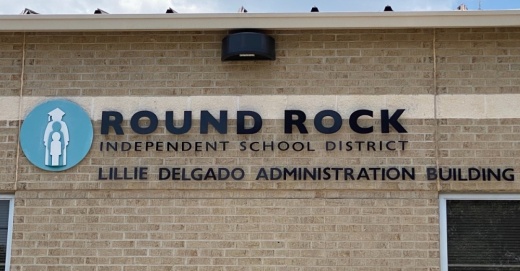With Senate Bill 15 signed into law by Gov. Greg Abbott Sept. 9, school districts can now receive average daily attendance funding from the state for students who are enrolled in a virtual learning program offered by the district.
In August, Round Rock ISD announced that it would provide a virtual learning option for any student who wanted it in kindergarten through sixth grade.
More than 5,000 students enrolled in the virtual option, and Superintendent Hafedh Azaiez said during an Aug. 16 presentation that would carry a cost of around $17.5 million for the district, as students attending remotely were not to be counted under average daily attendance.
The $17.5 million loss will be recuperated, according to Jenny LaCoste-Caputo, RRISD chief of public affairs and communications.
Under SB 15, no district in the state is required to offer virtual learning to its students, and districts that do may only receive funding for up to 10% of their total enrollment.
LaCoste-Caputo said RRISD’s virtual enrollment surpassed the threshold at one point, but has since reduced due to children returning to in-person instruction.
“Even though there is that 10% cap on the funding, even had we been [above the threshold], we wouldn't have been kicking kids out of the program. We would have just taken that loss,” LaCoste-Caputo said. “We've had more return to campus, which is a good thing. That puts us right at that 10% threshold.”
Districts will only receive funding for students who meet criteria outlined on the Texas Education Agency website related to testing and previous attendance.
LaCoste-Caputo said the district has alternative exams for those who chose not to take the State of Texas Assessments of Academic Readiness this spring. These are part of the eligibility criteria for the district to receive attendance funding for students who did not take STAAR.
“We did have a significant number of students who were virtual and did not want to come to campus to take the STAAR test, which is understandable, given the circumstances,” LaCoste-Caputo said. “But we are confident there are alternative ways to assess students to make sure that they're eligible. We’ll be doing that.”
The district’s virtual learning policies will not need to be adjusted for SB 15 eligibility, she said.
SB 15 will be in effect through Sept. 1, 2023, with the necessity of virtual learning to be considered by the legislature in future sessions, according to the TEA.





